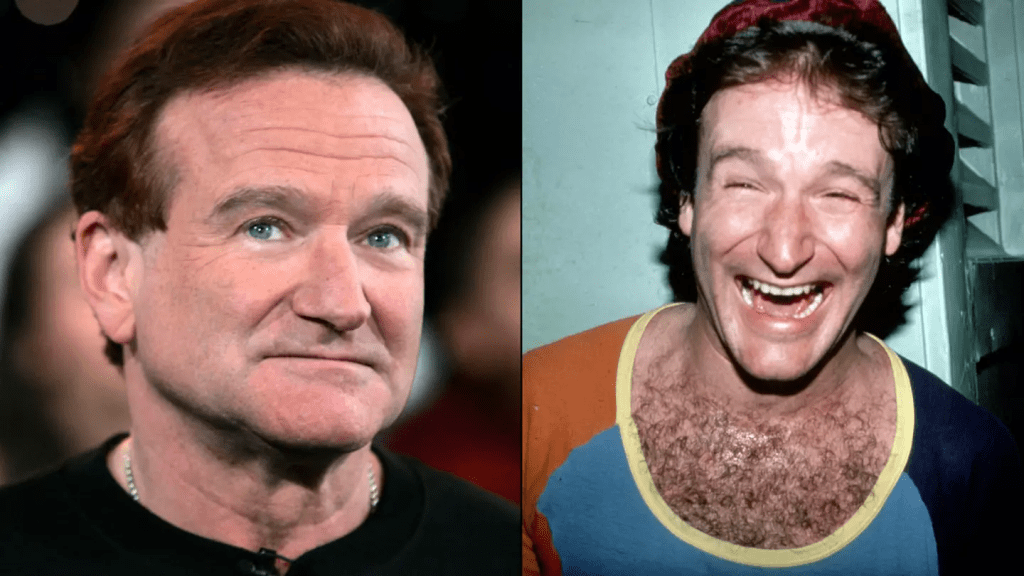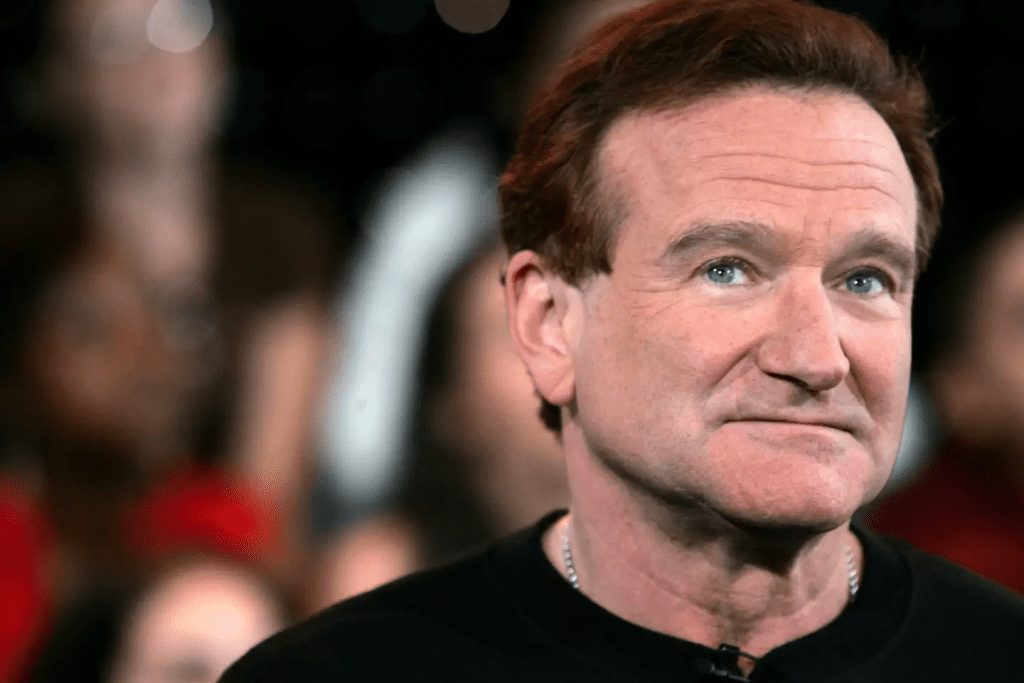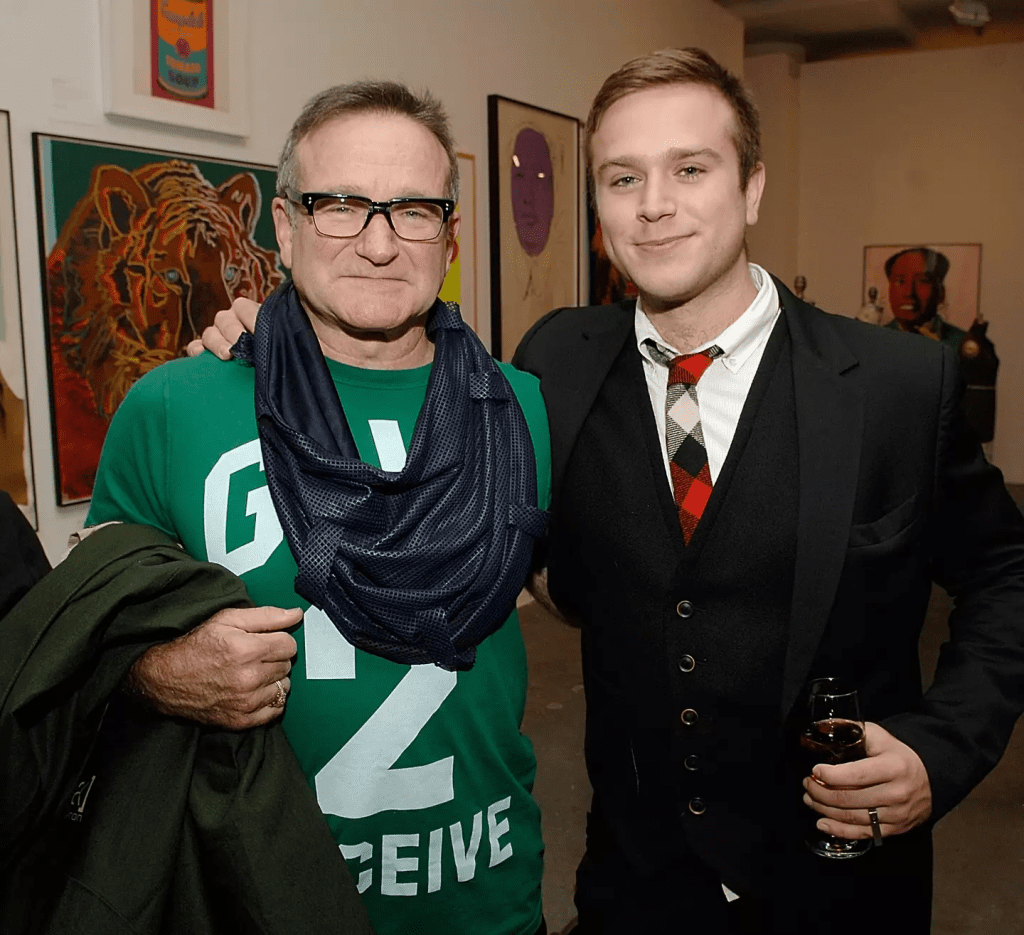
Following the heartbreaking death of Robin Williams by suicide on August 11, 2014, at the age of 63, a coroner’s autopsy revealed a tragic truth about the actor’s health. Williams had long struggled with mental health issues and substance abuse, and he had been diagnosed with Parkinson’s disease before his death. However, after the autopsy, it was revealed that Williams had actually been suffering from undiagnosed Lewy body dementia (LBD), not Parkinson’s as initially thought.
Lewy body dementia is a type of progressive brain disorder, and it can present with symptoms similar to Parkinson’s disease, including tremors, slow movement, and stiffness. However, LBD also causes a range of other symptoms such as hallucinations, memory problems, confusion, and sleep disturbances. People with this condition may also experience depression, anxiety, and significant cognitive difficulties. Sadly, there is no cure for LBD, and treatments focus on managing symptoms. The average survival time after diagnosis is around five to seven years, but it varies greatly from person to person.

In the wake of his father’s death, Williams’ son Zak opened up about the actor’s struggles with the misdiagnosis, which contributed to his father’s discomfort and frustration in his final years. On The Genius Life podcast in 2021, Zak shared that his father’s symptoms did not align with those typically seen in Parkinson’s patients. He explained, “There was a focus issue that frustrated him, there were issues associated with how he felt, and also from a neurological perspective, he didn’t feel great. He was very uncomfortable.”

Zak also discussed how the misdiagnosis and the medications Williams was prescribed likely exacerbated his symptoms, causing further physical and mental distress. He added that the wrong diagnosis and treatment likely contributed to his father’s inability to perform in his career as he had before, further impacting his mental health.
The revelation about Williams’ true condition has shed light on the difficult, often misunderstood nature of Lewy body dementia, and serves as a reminder of the challenges faced by those with neurological conditions.


